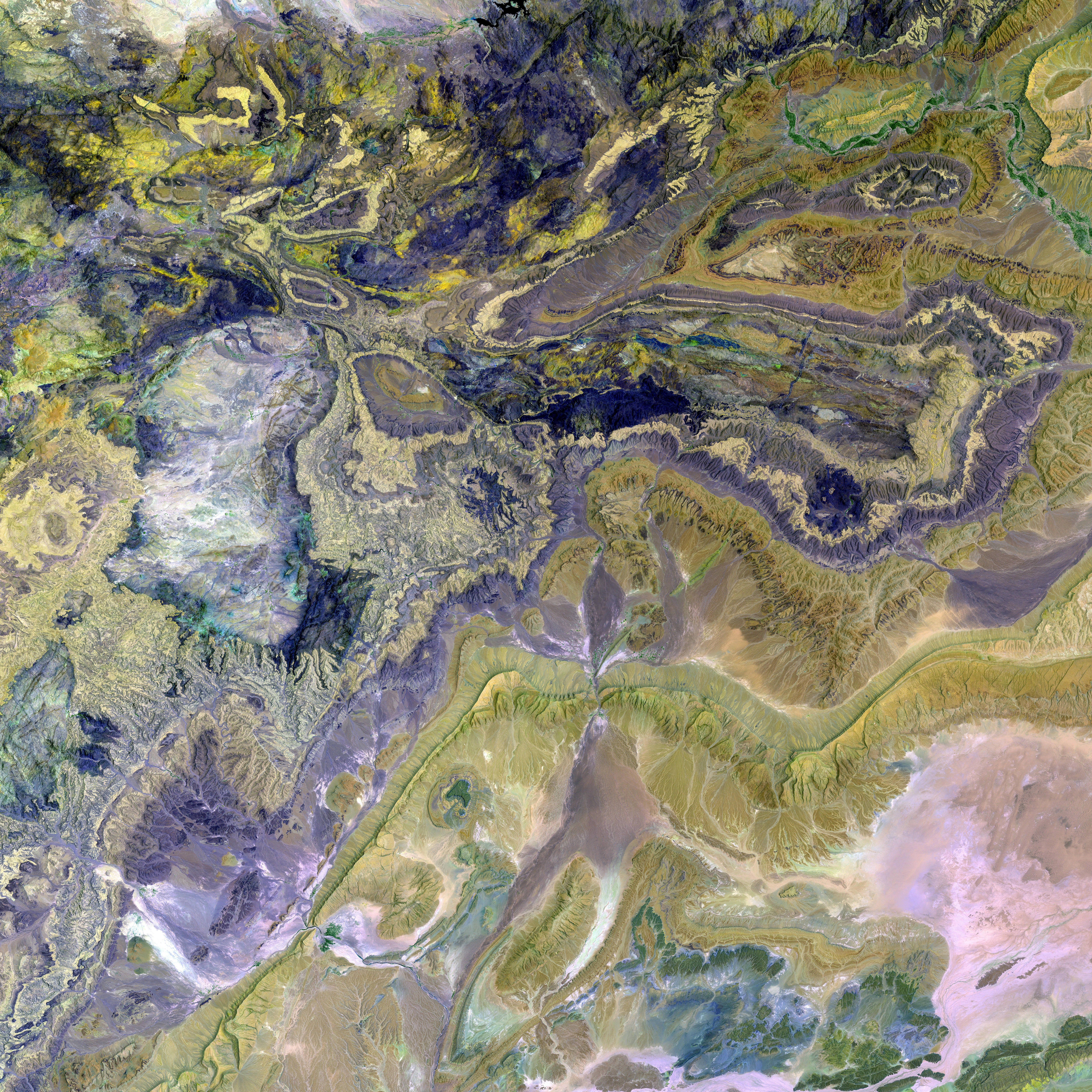Trump Proposes New Executive Order to Incorporate Artificial Intelligence into Kindergarten through 12th Grade Education
School Rooms Across America Struggle with Basic Supplies, But AI Special Education Could Be a Game Changer
AI is shaking up classrooms in the United States, as a new executive order is being considered to boost AI literacy in schools. The proposed order, titled "Advancing AI Education for Students and Teachers," outlines the US government's intentions to leverage AI to fuel innovation, boost productivity, and lead to a new way of life and work.
According to the draft, AI is a significant driver of change across industries, and to maintain its global dominance, the US must enable its youth to understand and create the next generation of AI technology.
The Trump administration may be directly responding to China, whose education ministry recently announced plans to revolutionize its classrooms using AI applications in textbooks and the teaching curriculum. The two nations are fiercely competing to secure a lead in the artificial intelligence domain.
If approved, the order will establish a White House task force on AI education, including members from the technology industry like Michael Kratsios, director of the Office of Science and Technology Policy, and Trump's advisor on crypto and AI, David Sacks.
The task force would encourage public-private partnerships involving industry, academia, and nonprofit organizations to teach students "foundational AI literacy" skills. They would also seek existing federal grants to fund AI programs and prioritize spending on education related to AI. The education secretary will be pressed to allocate federal grant funding for AI training for teachers as well.
While AI has the potential to perform tasks like searching through massive quantities of data quickly or translating texts, there is a danger that notoriously tech-illiterate schools might mismanage AI integration, given that most people still don't understand how AI works or are easily fooled into thinking AI is capable of human-like "thinking."
A study by Microsoft and Carnegie Mellon University published earlier in the year found that individuals who trust AI assistants blindly think less critically about the tools' conclusions. This raises concerns about new programmers who may simply accept the solutions provided by AI, overlooking fundamental knowledge that is critical for debugging issues and formulating better solutions.
Despite these reservations, AI can benefit students with its ability to analyze large sets of data efficiently. Some companies have already developed AI tutors that create personalized learning paths for individual students. However, skepticism is warranted as schools may lack the knowledge and resources to implement AI effectively.
One ironic example of the disconnect between policymakers and the underlying technology is Education Secretary Linda McMahon's confusion between the terms "AI" and "A1," the steak sauce.
References:
- Committee for Economic Development. (2022). Preparing Students to Thrive in the 21st Century: Focus on AI Education. Retrieved from https://ced.org/sites/default/files/Preparing%20Students%20to%20Thrive%20in%20the%2021st%20Century%20-%20Focus%20on%20AI%20Education(accessed March 05, 2023)
- Hyde, P. A., & Neufeld, L. A. (2021). Artificial Intelligence and Education: A Narrative Review of the Current State of the Field. Journal of Educational Technology Development and Exchange (JETDEC), 10(1), 1-19. Retrieved from https://jetdec.org/index.php/jetdec/article/view/553(accessed March 05, 2023)
- National Science and Technology Council. (2023). Artificial Intelligence for America. Accessed on April 10, 2023 from https://www.whitehouse.gov/wp-content/uploads/2023/04/Artificial_Intelligence_for_America_Report.pdf
- The White House. (2024). Advanced Artificial Intelligence Education for American Youth. Accessed on April 23, 2025 from https://www.whitehouse.gov/artificial-intelligence/
- White House Office of Science and Technology Policy. (2025). Executive Order on Establishing the White House Task Force for Artificial Intelligence (E.O. 14077). Retrieved from https://www.whitehouse.gov/briefing-room/presidential-actions/2021/04/23/executive-order-on-establishing-the-white-house-task-force-for-artificial-intelligence-eo-14077/
- The proposed executive order, titled "Advancing AI Education for Students and Teachers," intends to leverage AI for innovation and productivity, shaping the future of life and work in the United States.
- The draft document firmly believes that AI is a significant driver of change in various industries and asserts that to maintain its global dominance, the US must equip its youth with the ability to understand and create the next generation of AI technology.
- To achieve this goal, the order plans to establish a White House task force on AI education, inviting industry experts like Michael Kratsios and David Sacks to collaborate and foster public-private partnerships for AI education.
- The task force aims to promote foundational AI literacy skills in students through partnerships, prioritize federal grants for AI programs, and secure funding for AI training for teachers – paving the way for a future where AI could revolutionize online education and self-development, including education-and-self-development and online-learning.




